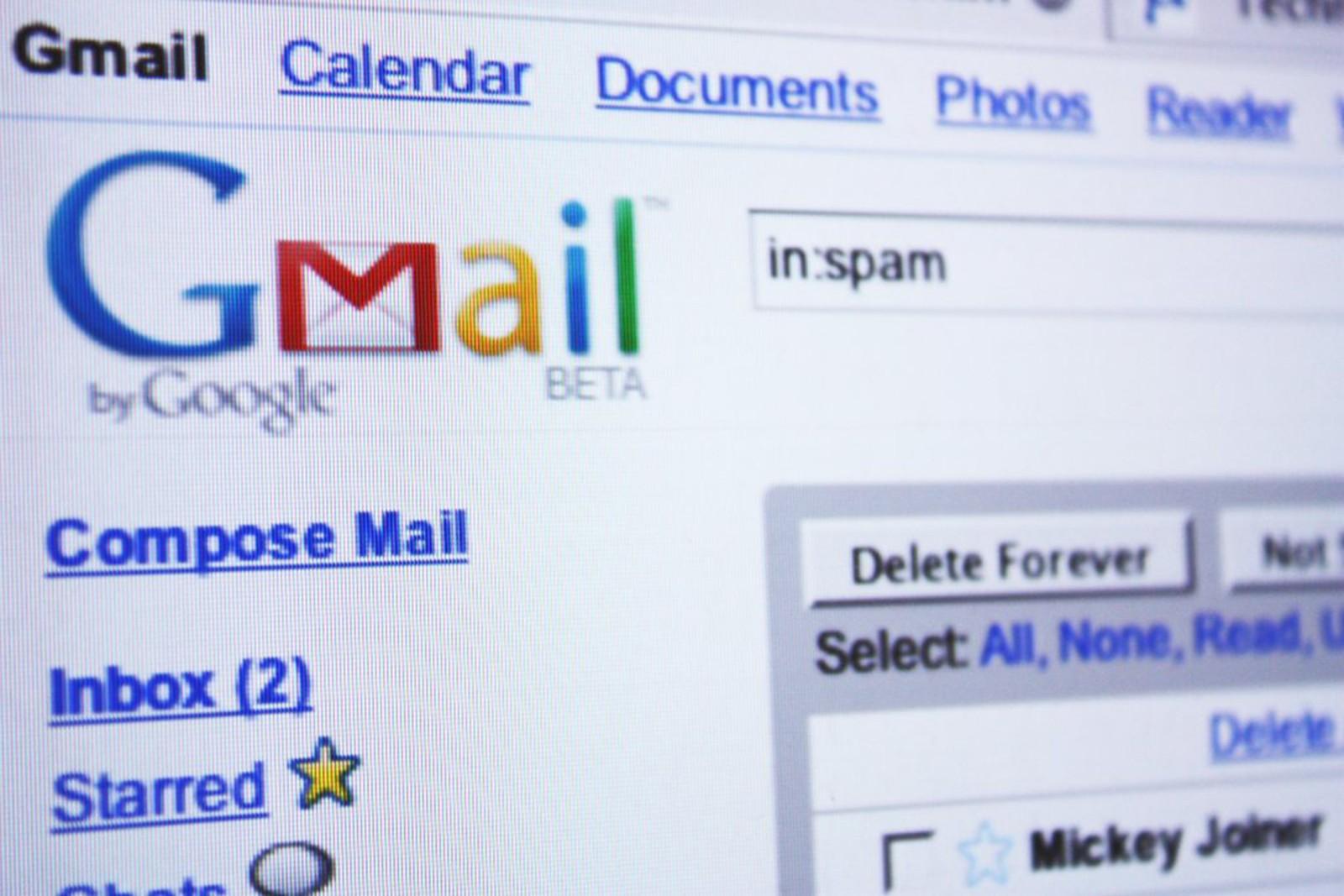Minions are once again ruining lives. But this time, they partnered with one of the most powerful companies in the world.
Google apologized Friday after many users accidentally used the “Mic Drop” feature on April Fools’ Day and reported getting in trouble at work or losing their jobs, the BBC reported. Right next to the regular blue “send” button, the feature added an identical orange one with an icon of a dropping microphone on it. Clicking this orange button inserted a GIF of a “Despicable Me” minion dropping a microphone at the end of every message sent and prevented users from seeing any replies to their emails.
Many users accidentally clicked the button due to its proximity to the send button.
In response, Google almost immediately disabled the feature and apologized to Gmail users: “Well, it looks like we pranked ourselves this year … Due to a bug, the Mic Drop feature inadvertently caused more headaches than laughs. We’re truly sorry. The feature has been turned off. If you are still seeing it, please reload your Gmail page.”
Google, Google, Google. Someone in the company should have thought this prank through. Email is the one service Google provides that caters to a wide variety of relationships, from the most informal chats to professional communication. Not only did this feature affect individuals, but businesses were also hit by the mighty minion Mic Drop — even a funeral home fell for the trick.
WHAT A HARMLESS APRIL FOOL’S JOKE, WHAT COULD GO WRONG pic.twitter.com/Maw8a6VUSA
— Andy Baio (@waxpancake) April 1, 2016
Putting the same feature on Facebook Messenger would likely have garnered less negative press. It would have been the same with Instagram, Twitter or any other message-driven platform other than email. People don’t send important messages over Facebook — they do it via email.
Like Google, Yahoo celebrated April Fools’ Day, releasing a story about Trader Joe’s closing all of its stores by 2017. Though the company received a heavy amount of complaints from readers leading to the story being taken down, the story itself was hilarious and harmless. It only induced temporary panic into those who fell for it. To be fair, the story was released a day early.
The true meaning of April Fools’ Day is having a good laugh at a petty joke. It’s glancing at a headline and moving on. It’s going on Netflix in search of some great binge-watching suggestions, and instead coming away with a deep admiration for John Stamos. Gmail’s prank felt too personal, in a way that turned the joke on its users. It shouldn’t publicly embarrass anyone. That should be left only to good friends.
Essentially, companies need to take into consideration how people could be hurt by harmless pranks. Companies have the power to celebrate April Fools’ Day on a massive scale, but with that massive scale comes massive potential for backfire.
This April Fools’ Day is the one instance in which Google should have take cues from none other than PornHub, which replaced its typically NSFW videos with steamy videos of corn. Sure, very specific types of people were angry, but the end results didn’t hurt anyone. If anything, it made for an even more interesting experience for users.
Google knows how to do funny, if its Chrome plugins are any indication. Bring back Google Nose. Sniffing computers never cost anyone their job, or so we believe.
April Fools’ is a public relations goldmine that companies shouldn’t let go to waste. It’s the one time a year when companies can promise something outrageous and never have to deliver on it. They shouldn’t let the jokes go bad or ruin anyone’s life.
Sometimes jokes do go horribly wrong on April Fools’ Day, and sometimes apologies are needed. Sometimes companies forget that they’re ultimately providing a service, and they overstep their bounds. And sometimes, independent campus newspapers don’t get delivered when they’re supposed to. April Fools.






















































































































